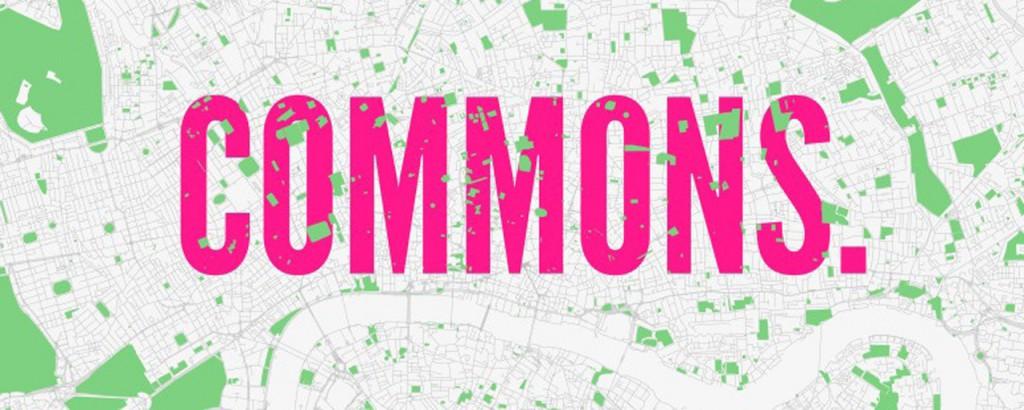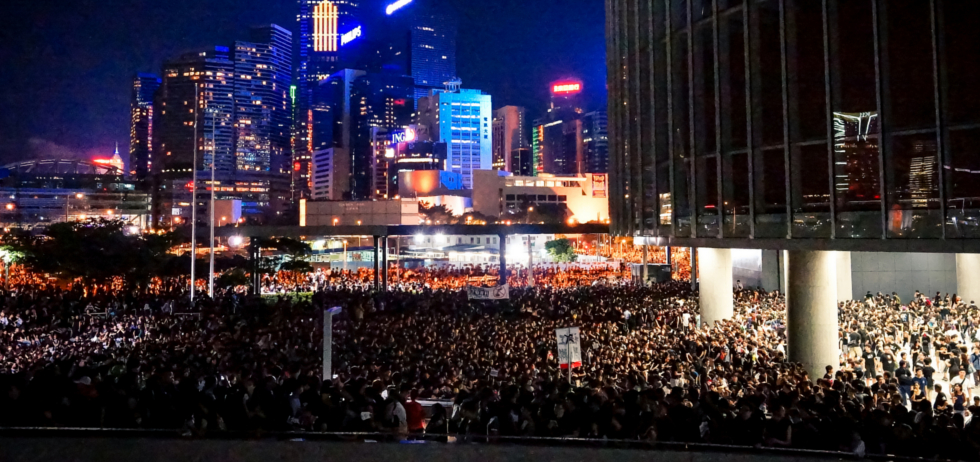
This is the second installment of a two-part series on global rebel cities. Read the first part here.
Rebel City is a need: both as a narrative and as a practice of collective fixing in the urban space. Rebel City is desirable: as a form of disobedience that defies states, legal frameworks, supranations or markets. Rebel City dialogues with the global “outside,” that is, with social movements and citizen resistance.
But disobedient rebellion must also navigate a fine line. The combative tone for seducing the “outside” also needs to be friendly and welcoming for all citizens. To invoke the “inside” and governmental spheres, the storytelling of these Rebel Cities must be rounded: free cities, participatory cities, cities of the common good. Additionally, the new storytelling must be able to snatch the paradigm of collaborative economy from the large international companies that currently control it.
On September 4 in Barcelona, the disobedient rebellion was present in speeches given by the new grassroots mayors of Spain. Barcelona Mayor Ada Colau pointed out that “European states have disappointed citizens,” but “here we are the cities to [make] the alternative.” The meeting was the first step of a new inter-municipal network of Cities of the Common Good. But what would be a City of the Commons?
On the one hand, the Rebel City of the Commons must recognize and protect the citizen spaces that produce the commons: social centers, self-managed spaces, gardening networks, peer-to-peer exchange networks, etc. Public space, which citizenship transforms into a lively, democratic and open exchange, is both the metaphor and the tool for participation. On the other hand, the Rebel City of the Commons must go further, building tools, copyleft repositories and open participatory platforms, replicable by cities across the world. Digital structures must also shift to public space the open source spirit of open government.
On the other hand, the “inside” of the Rebel City of the Commons must design flexible legal frameworks for civic organizations, cooperatives, citizen initiatives and other incubators for self-management and co-management of spaces and projects. They can even create crypto-coins for the new intermunicipal network, protecting exchanges from currency speculation. This intermunicipal process must also build political practices that cannot be reversed.
Toward a Global Intermunicipalism
This network of cities against the state is being born first as a developing story. In July, Anton Ferndández de la Rota wrote that the “insubordination against illegitimate debt of the Rebel Cities Network can be extended to unexpected places.” In August, Paul Lopiz launched a hypothesis that today's Spanish municipalism means the birth of a new political paradigm. By interconnecting towns, neighborhoods and cities in confederated networks and cooperatives, Rebel Cities of the Commons are establishing the beginnings of a transnational intermunicipal future.
A decade ago, the World Charter for the Right to the City blurred the definition of a city “to every village, town, suburb or village that is organized as a local unit of government, so is urban, semi-rural or rural.” And therein lies an inspiring new horizon – a new Global Network of Rebel Cities of the Commons that could generate a dialogue with other, more formal government units. It makes sense: a Spanish network of cities for refugees could dialogue with the regional government of Attica in Greece, or with a country (say Uruguay), or even with a supranational organization like the UN.
This asymmetric and scalable political alliance, based on a Global Network of Rebel Cities of the Commons, could foster the emergence of a post capitalism that, according to Paul Mason, will replace capitalism. The new network must overwhelm the well-intentioned World Network of Cities and Local and Regional Governments (UCLG), which does not get beyond the Right to the City. The Global Network of Rebel Cities of the Commons faces the challenge of constructing narratives, finding legal gaps, forcing geopolitical changes, legitimating citizenship practices and building free tools and participatory platforms for a network based on the democratic commons and open knowledge. “The geopolitics of the commons," writes Daniel Vazquez in the FLOK Society's foreword, perhaps the most complete roadmap for public policies moving toward post capitalism, "opens a new front in the battle of cognitive capitalism.”
There is much at stake – much more than managing a handful of Spanish municipalities currently won by citizen fronts. The life of our city neighborhoods and the survival of global democratic participation itself is at stake. But at the cornerstone of global post capitalism, some of us can already envision the intermunicipal planet-neighborhood that is taking shape.


3 WAYS TO SHOW YOUR SUPPORT
- Log in to post comments












